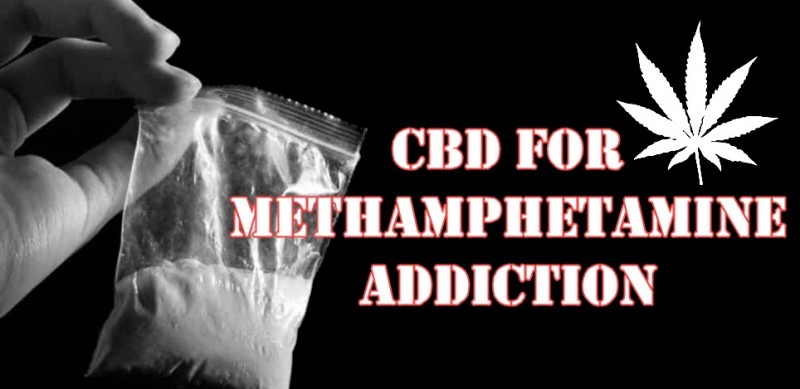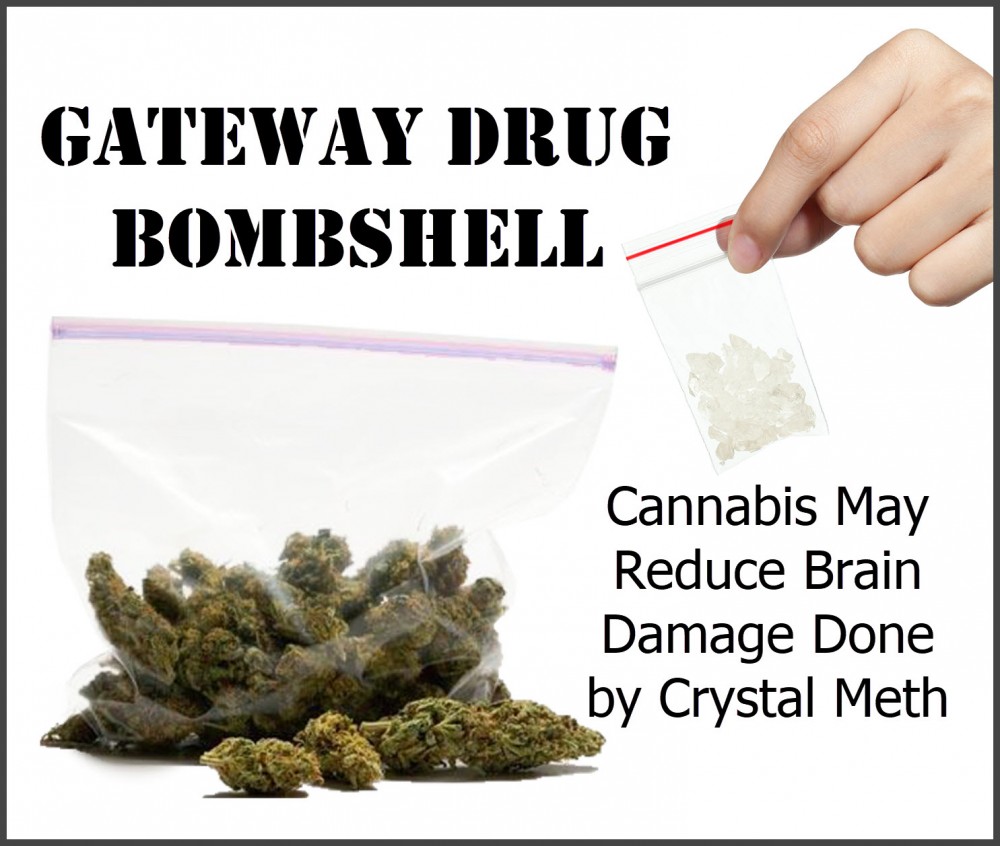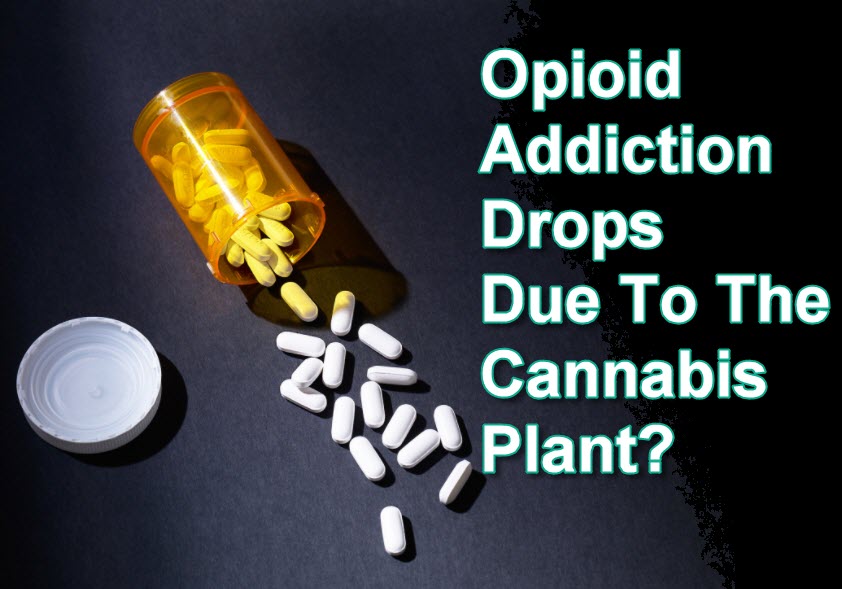CBD For Methamphetamine Addiction
CBD For Methamphetamine Addiction from CannabisNet on Vimeo.
Methamphetamine is one of the most powerful and addictive stimulant drugs out there. Also known by its street names ice, meth, crystal, and chalk among many others, this drug looks like a white, bitter crystal-like powder that dissolves in alcohol or water.
The high of meth results in talkativeness, alertness, decreased appetite, and a temporary sense of euphoria. But it’s extremely damaging to the central nervous system, and despite this, it’s one of the most widely abused drugs in the world today. It’s currently listed as a Schedule II substance by the US Drug Enforcement Administration – in other words, it’s considered less dangerous and addictive than cannabis, which is a Schedule I substance.
Meth works by flooding your brain with dopamine, a neurotransmitter that reinforces the reward pathways in the brain. The more dopamine the brain has, the more pleasure you’ll feel. And the pleasure that is brought about by meth can be extremely addictive. According to statistics, around 42 metric tons of meth are consumed in the United States alone each year, and it can be produced easily and cheaply. It’s also more affordable than many other drugs, which makes it far easier to get hooked.
However, addictions to meth can be fatal. Consuming meth leads to high blood pressure, high heart rate, elevated body temperature, skin infections, stroke, convulsions, and death. There are more than 100,000 emergency room visits because of meth alone yearly. And the dangers of meth are more than simply a health concern; it’s can cause relationship and financial problems because it’s so addicting.
For people who are addicted to meth and want to turn a new leaf, CBD can help.
How CBD Treats Methamphetamine Addictions
Cannabidiol (CBD), the non-psychoactive sibling of the famous THC (tetrahydrocannabinol) in cannabis, is gaining ground as a cure not just to illnesses, but a variety of addictions as well.
A recent study published just on September 2018 in the Journal of Psychopharmacology revealed that CBD may “reduce the motivation to seek and consume methamphetamine,” which suggests that it could be an effective form of safe treatment for individuals who are addicted to it.
“Methamphetamine is an addictive stimulant that can cause many adverse physical, psychological and psychosocial effects,” says the study’s abstract. “Preliminary evidence shows cannabidiol, a non-intoxicating constituent of the cannabis plant, may have efficacy in treating opioid and nicotine dependence. However, no study has yet examined whether cannabidiol treatment might impact on methamphetamine addiction.”
The study “investigated whether cannabidiol administration reduces the motivation to self-administer methamphetamine and relapse to methamphetamine-seeking behavior following abstinence.”
To conduct the study, the researchers taught 32 mice subjects to administer themselves with methamphetamine using a lever. They were then subject to a progressive ratio reinforcement schedule to study the effects of cannabidiol at various doses, and how it affected their motivation to consume methamphetamine. “Cannabidiol (80 mg/kg, but not 40 mg/kg, or 20 mg/kg) reduced the motivation to self-administer methamphetamine and attenuated methamphetamine-primed relapse to methamphetamine-seeking behavior after extinctions,” reads the study.
The researchers say that this is the first time CBD demonstrated its ability to “reduce the motivation to seek and consume methamphetamine, and suggests that cannabidiol might be worth trialing as a novel pharmacotherapy for methamphetamine dependence.”
Additionally, studies have shown that CBD helps repair the brain damage caused by addiction. Certain addictions take a toll on the body but affect the brain the most, in a condition known as long term neurodegeneration, which is the result of the glutamate receptors in the brain being overly activated leading to progressive neuron loss. However, CBD is a known neuroprotectant because of its powerful anti-inflammatory and antioxidant properties. It can effectively inhibit the transmission of glutamate, which is helpful in repairing the damage caused by drug or alcohol related neurotoxicity.
A 2013 animal study showed that CBD reduced neurodegeneration caused by alcohol. When 5% CBD gel was administered transdermally, it resulted in a 48% decrease in neurodegeneration as observed in the entorhinal cortex. The researchers say that this supports the “feasibility of using CBD transdermal delivery systems for the treatment of alcohol-induced neurodegeneration.”
Addiction recovery is hard enough as it is, but if we have more studies assessing the benefits of CBD for addiction especially for harmful and deadly drugs like methamphetamine, it has the ability to save countless lives.
CBD For Methamphetamine Addiction from CannabisNet on Vimeo.
OTHER STORIES YOU MAY ENJOY...
MARIJUANA TO HELP WITH CRYSTAL METH ADDICTION, READ.
OR..
DR.OZ ON OPIATES AND CANNABIS, CLICK HERE.









